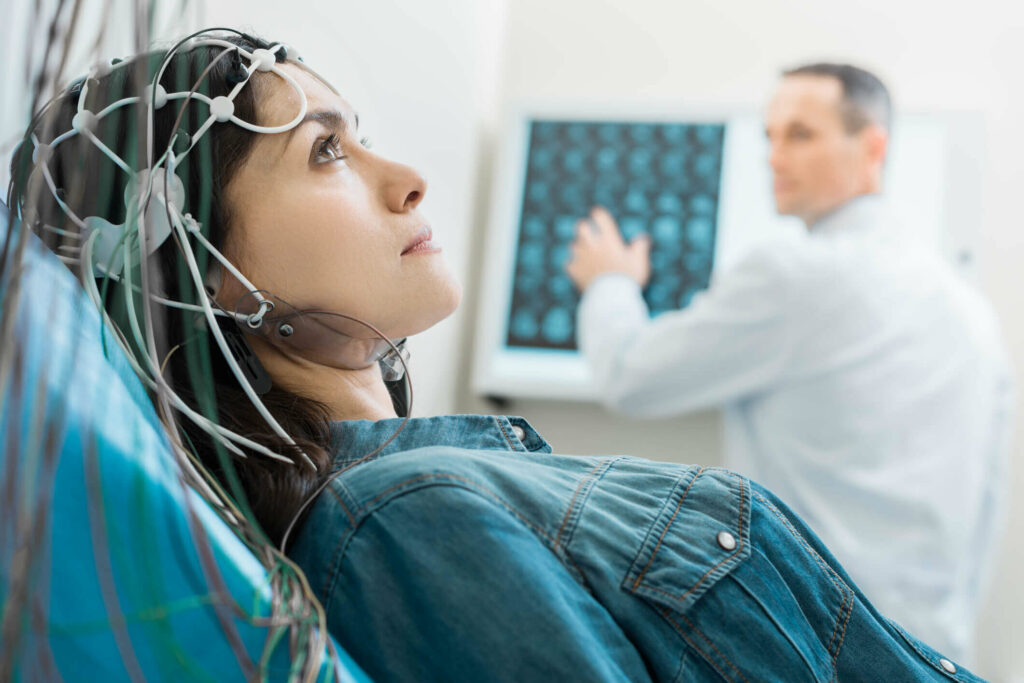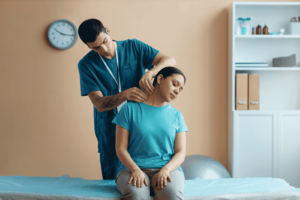Concussions are a form of traumatic brain injury (TBI) that can have lasting effects on an individual’s physical and mental health. While some symptoms appear immediately after the injury, others can be delayed, surfacing days or even weeks later. Addressing these delayed symptoms is crucial for a full recovery. In this article, we will explore effective treatments for delayed concussion symptoms, providing a comprehensive guide to help manage and mitigate these challenges.
Understanding Delayed Concussion Symptoms
Delayed concussion symptoms can be particularly challenging to diagnose and treat because they do not manifest immediately after the injury. These symptoms can include headaches, cognitive impairments, emotional changes, sleep disturbances, sensory issues, and physical symptoms like dizziness and fatigue. Recognizing these symptoms and seeking timely treatment is essential for recovery.
1. Medical Evaluation and Diagnosis
The first step in treating delayed concussion symptoms is a thorough medical evaluation. This typically involves:
- Medical History: A detailed history of the injury and the symptoms experienced is crucial for accurate diagnosis.
- Neurological Examination: A comprehensive neurological exam can help identify deficits in cognitive, sensory, and motor functions.
- Imaging Tests: While concussions may not show up on standard imaging tests, CT scans or MRIs can rule out more severe brain injuries.
- Neuropsychological Testing: These tests assess cognitive functions such as memory, attention, and problem-solving skills to determine the impact of the concussion.
2. Rest and Recovery
Rest is a fundamental part of concussion treatment. It allows the brain to heal and helps manage symptoms. Key aspects of rest and recovery include:
- Physical Rest: Avoid strenuous activities, including sports and heavy lifting, to prevent exacerbating symptoms.
- Cognitive Rest: Limit activities that require intense concentration, such as reading, computer work, and video games. This helps reduce cognitive fatigue and allows the brain to recover.
3. Gradual Return to Activity
A structured and gradual return to activity is essential to avoid symptom exacerbation. This process involves:
- Step-by-Step Approach: Gradually reintroduce physical and cognitive activities, starting with low-intensity tasks and slowly increasing the difficulty.
- Symptom Monitoring: Carefully monitor symptoms during each stage of activity. If symptoms worsen, step back and allow more time for recovery before progressing.
4. Medication
Medications can help manage specific symptoms associated with delayed concussions. Commonly used medications include:
- Pain Relievers: Over-the-counter pain relievers like acetaminophen can help manage headaches. Avoid NSAIDs like ibuprofen initially, as they may increase the risk of bleeding.
- Sleep Aids: For those experiencing sleep disturbances, healthcare providers may prescribe sleep aids to improve sleep quality.
- Antidepressants and Anti-Anxiety Medications: These can help manage mood swings, anxiety, and depression that may arise from concussion symptoms.
5. Cognitive Rehabilitation Therapy
Cognitive rehabilitation therapy (CRT) is designed to help individuals regain cognitive functions affected by a concussion. This therapy includes:
- Memory Exercises: Techniques and exercises to improve short-term and long-term memory.
- Attention Training: Activities to enhance focus and concentration, such as puzzles and task management exercises.
- Problem-Solving Skills: Strategies to improve decision-making and executive functioning.
6. Physical Therapy
Physical therapy can address physical symptoms such as dizziness, balance problems, and neck pain. Components of physical therapy include:
- Vestibular Therapy: Specific exercises to improve balance and reduce dizziness.
- Strengthening Exercises: Activities to strengthen muscles and improve overall physical stability.
- Manual Therapy: Techniques such as massage and manipulation to relieve neck pain and muscle tension.
7. Psychological Support and Counseling
Emotional and behavioral changes following a concussion can benefit from psychological support. Effective treatments include:
- Cognitive Behavioral Therapy (CBT): CBT helps individuals manage negative thought patterns and develop coping strategies.
- Support Groups: Participating in support groups provides emotional support and shared experiences from others who have gone through similar challenges.
- Mindfulness and Relaxation Techniques: Practices such as meditation, deep breathing, and yoga can help reduce stress and improve emotional well-being.
8. Nutrition and Hydration
Proper nutrition and hydration play a crucial role in recovery. Key aspects include:
- Balanced Diet: Consuming a diet rich in fruits, vegetables, lean proteins, and whole grains provides essential nutrients that support brain health.
- Hydration: Staying hydrated is essential for overall health and can help manage symptoms like headaches and fatigue.
- Supplements: In some cases, supplements such as omega-3 fatty acids, magnesium, and B vitamins may support brain recovery.
9. Lifestyle Adjustments
Making certain lifestyle adjustments can help manage and reduce delayed concussion symptoms:
- Sleep Hygiene: Establishing a regular sleep schedule and creating a restful sleep environment can improve sleep quality.
- Stress Management: Incorporating stress-reducing activities such as mindfulness, hobbies, and relaxation techniques can help manage symptoms.
- Avoiding Alcohol and Drugs: Alcohol and recreational drugs can interfere with the brain’s healing process and exacerbate symptoms.
10. Alternative Therapies
Some individuals find relief from delayed concussion symptoms through alternative therapies. These can include:
- Acupuncture: This traditional Chinese medicine technique involves inserting thin needles into specific points on the body to promote healing and relieve symptoms.
- Chiropractic Care: Chiropractic adjustments can help manage neck pain and improve spinal alignment, which may reduce symptoms.
- Hyperbaric Oxygen Therapy (HBOT): HBOT involves breathing pure oxygen in a pressurized chamber, which can enhance oxygen delivery to the brain and promote healing.
Preventing Delayed Concussion Symptoms
While not all concussions can be prevented, taking certain precautions can reduce the risk of head injuries and subsequent symptoms:
- Wear Protective Gear: Use helmets and other protective equipment when engaging in sports or activities with a risk of head injury.
- Ensure Safe Environments: Make living spaces and workplaces safe by removing tripping hazards and installing proper lighting.
- Follow Safety Protocols: Adhere to safety guidelines and rules in sports and recreational activities to minimize the risk of injury.
- Educate and Advocate: Raise awareness about concussion risks and symptoms among athletes, coaches, and parents to ensure timely recognition and management of injuries.
Conclusion
Effective treatments for delayed concussion symptoms involve a multifaceted approach tailored to the individual’s needs. From medical evaluation and rest to cognitive rehabilitation and psychological support, a combination of strategies can help manage and mitigate symptoms. Recognizing delayed symptoms and seeking timely treatment is crucial for recovery and preventing long-term complications. By following these comprehensive treatment guidelines, individuals can improve their quality of life and achieve a full recovery from concussion-related challenges.





Be First to Comment